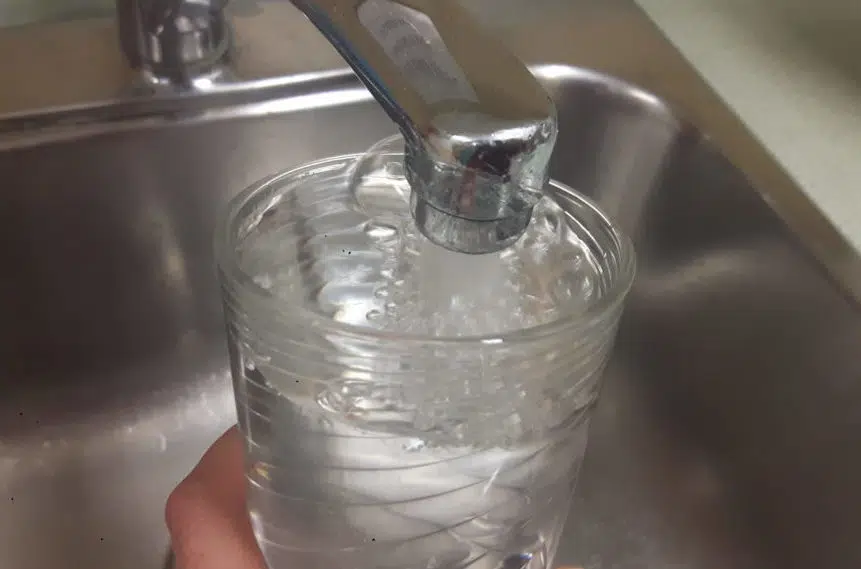Regina city council approved a plan Wednesday to replace the remaining 3,600 city-owned lead water service connections over the next 15 years.
The cost to replace those connections is expected to be $36 million and will see utility rates increased by two per cent in 2022, on top of a three per cent yearly increase set between 2022 and ’24.
Most of the city’s lead connections are located in older neighbourhoods.
The 15-year timeline is a less-ambitious schedule than the five-year plan council approved in 2019, which came after a report by investigative journalists who found Regina was among numerous Canadian cities with elevated levels of lead in drinking water.
As a toxic metal, Health Canada says lead exposure is a safety risk and even low levels of exposure can cause damage to children’s development.
Coun. Andrew Stevens proposed an amendment to accelerate the timeline to 10 years. He said about half of lead service connections are located in his Ward 3. Stevens was also part of the council that approved the five-year deadline.
His motion Wednesday found support from Coun. Daniel LeBlanc.
“If we had an unsafe road, we wouldn’t just suggest people get safer vehicles to drive on it. We’d fix the road. If we had a dangerous playground, we wouldn’t just give kids helmets. We’d fix the playground,” LeBlanc said.
“We have unsafe drinking water. We have to fix that lead service connection rather than just provide filtration systems.”
Replacing city-owned connections in 10 years would increase costs by $3.3 million per year. The two per cent increase to the utility rate would last an additional year, in both 2022 and 2023.
As the city’s operations and community services committee heard earlier this month, speeding up the work would mean disturbing recently paved roads, reducing their lifespan. It would also result in more disruption due to construction.
Stevens’ amendment was defeated 7-4.
Coun. Bob Hawkins pointed out a city program where residents can get a water filter or a $100 rebate toward the purchase of one, which he called a “viable option” until the lead connections are replaced.
“It’s not like we’re saying to anybody, ‘You have to drink lead-filled water,’ ” Hawkins said.
The water filter program has low uptake, according to a report to council, which says only about 20 per cent of eligible residents are participating.
Speaking after the meeting, Mayor Sandra Masters said the city needs to do more to make sure residents are using the program, like reaching out to community associations, and to “compel” landlords to use filters in their rental properties.
“We need to do a better job of communicating with communities about the accessibility and availability of those filters so that they do have lead-free water in the interim,” Masters said.
When the city replaces a lead service connection in public infrastructure, it will also require the replacement of lead connections on private property. It’s estimated there are between 7,000 and 8,000 of those lead water connections.
There will be a program to help residents with the cost, allowing them to pay the cost over five years, plus an up-front administration fee of $240. Low-income property owners can pay over 10 years, with no administration fee.







